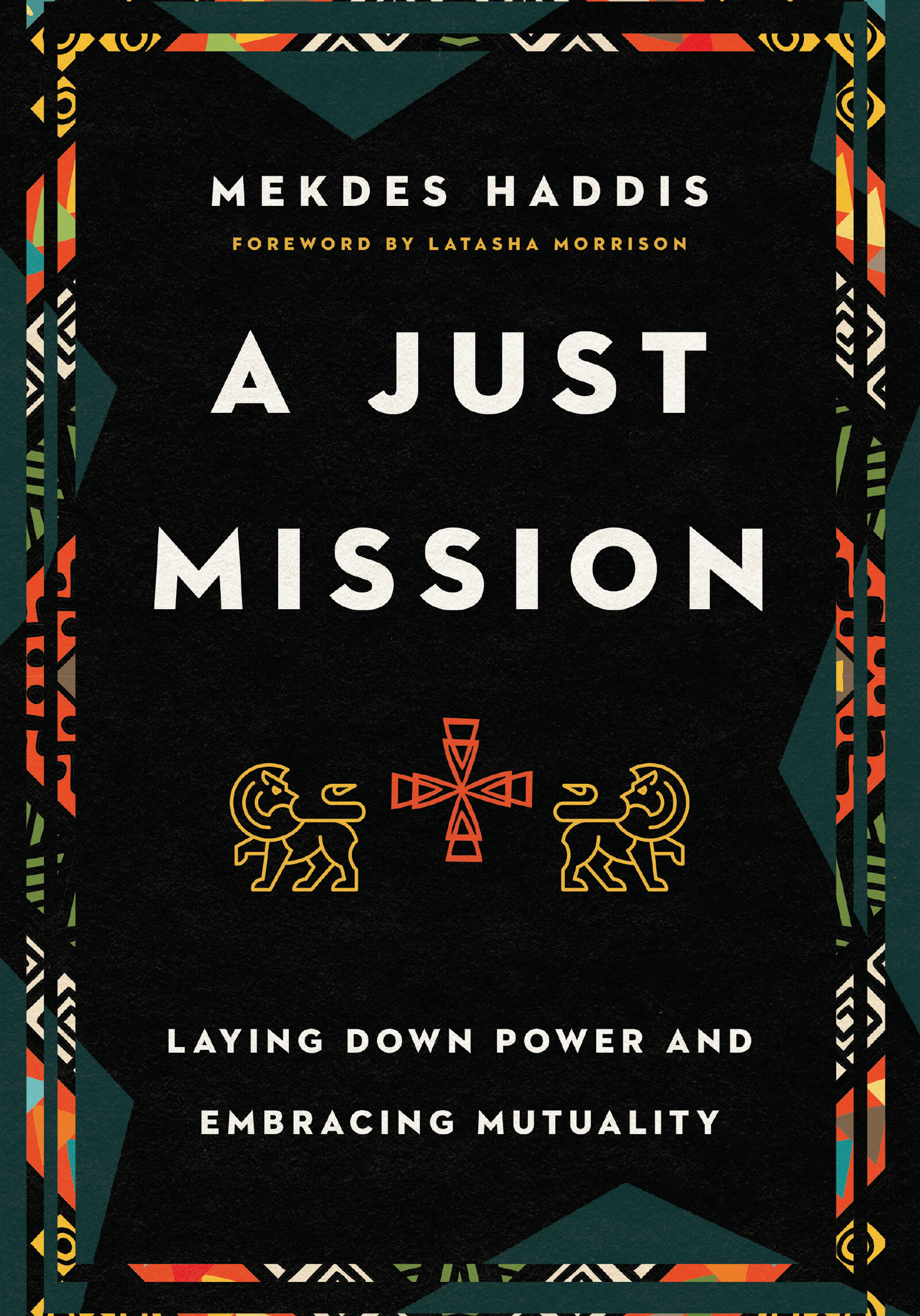
The Western church has some work to do to redeem her legacy of missions and transform it from transactional to relational. Transactional says, “I have something you want, but you can only have it if you give me what I want.” Relational acknowledges, “I need you in my life, and I’m here when you need me.” The former is a performance-based, loveless relationship that objectifies one group of people for the satisfaction of the other. The latter takes the performance pressure off and centers the humanity of both parties.
Most of our problems would be solved if we could focus on building a relational legacy in our churches and with our mission partners. We would celebrate being our brother’s keeper and truly live life as Christ did. A relational approach is the path to building multilayered coalitions of missional leaders throughout our churches, communities, and the global body. When we focus on relationships, everyone has something meaningful and attainable they can work toward.
It’s difficult to identify what’s broken in the Western mission movement unless we’re actively seeking it out — with an outsider’s perspective to guide us. It is a disservice to the global body to continue to train Western church planters and missionaries with harmful strategies and worldly metrics to grow their reach. We reap what we sow, and if what we sow is a transactional seed, that’s exactly what we’ll harvest with what we might call our “mutual partners.” These partners, for the most part, want nothing to do with Western theology that is so rigid that it contributes to the erasure of their cultures. But if we invite our partners to become true partners who help us contextualize theology so that their cultures are a big part of their faith, our involvement makes a way to birthing global church movements led by indigenous believers who can disciple their own people. These types of partnerships, by those who truly view one another as brothers and sisters in Christ and who submit to one another’s leadership, bridge the gap that imperialism created in the global mission movement.
I, too, have been an accomplice in a movement that tries to enforce change in the name of making others’ lives better. I have participated in mission trips I am not proud of. I did it assuming the method I was trained in was the only way for my people to see Christ. Living in the United States as part of a monolithic church culture taught me to assimilate by adopting its culture as mine and letting go of my own.
As I grew into leadership within the church, the training I gained could not be applied to my cultural context, which made me ineffective in reaching my own people. With my colonized mind and overzealous heart for Jesus, I took a group of volunteers to my people in Ethiopia, for a short-term trip, so they could “help” them. What I learned was that although we’d had many training sessions, my team was nowhere near ready to be in the presence of my people as spiritual leaders. My team lacked a true understanding of the beauty of God displayed in Ethiopia and in the specific community we were visiting. The mistake we made was holding the underlying assumption that our lives were better than theirs and that our lives were something to aspire to. We were too focused on what we could do, what we could change, and how we could help them “escape” their reality. In the process, we missed out on what they were doing and saying to glorify God among themselves.
Short-term missions as we often know them are largely one-size-fits-all charity movements from the West to the rest of the world. For the most part, these trips are designed to place a heavy emphasis on countries and people groups that fit a particular church’s vision and mission, and there is little consideration of receiving a call or invitation from local pastors and indigenous missionaries to be part of what they’re already doing. Instead, churches often seek to go where they want to go and do what they want to do: Local leaders are given the role of distributor of whatever solution the West deems appropriate, and they play the role of intermediary instead of head or shepherd.
Jesus came incarnate with flesh and bones so he might understand us and be understood by us. But this Jesus is not well represented in a transactional, short-term approach. Jesus’ example of spending 30 years in a community before revealing himself as the Messiah and starting to minister is not replicated in these models. He was part of the people to the point that they rejected his message because they knew him as the carpenter they helped raise and not the Savior. But many a short-term mission has created a false God where people find their white savior for a week or so and then eagerly await his return the next year. This undercuts the reputation of true and faithful leaders in those communities who’ve been trying to earn their way into their own people’s hearts.
Relational missions endeavors are the answer to this problem, and they require humility. By laying down our own power in this way, we gain the ability to embrace mutuality. It is not easy, yet it’s the necessary work we must do as Western Christians. If we desire God’s will to be done on earth as it is in heaven (Matt 6:10), to see a glimpse of heaven while we live out our faith here on earth, we must consider this change in strategy.
To worship God alongside his global body learning from one another without any expectations requires humility and equality. Just as each part of the body has its own function, I believe God is calling the Western church to be the ear, to take a listening and learning position instead of always trying to be the leader and teacher.
Adapted from A Just Mission by Mekdes Haddis. ©2022 by Mekdes Abebe Haddis. Used by permission of InterVarsity Press. www.ivpress.com.





